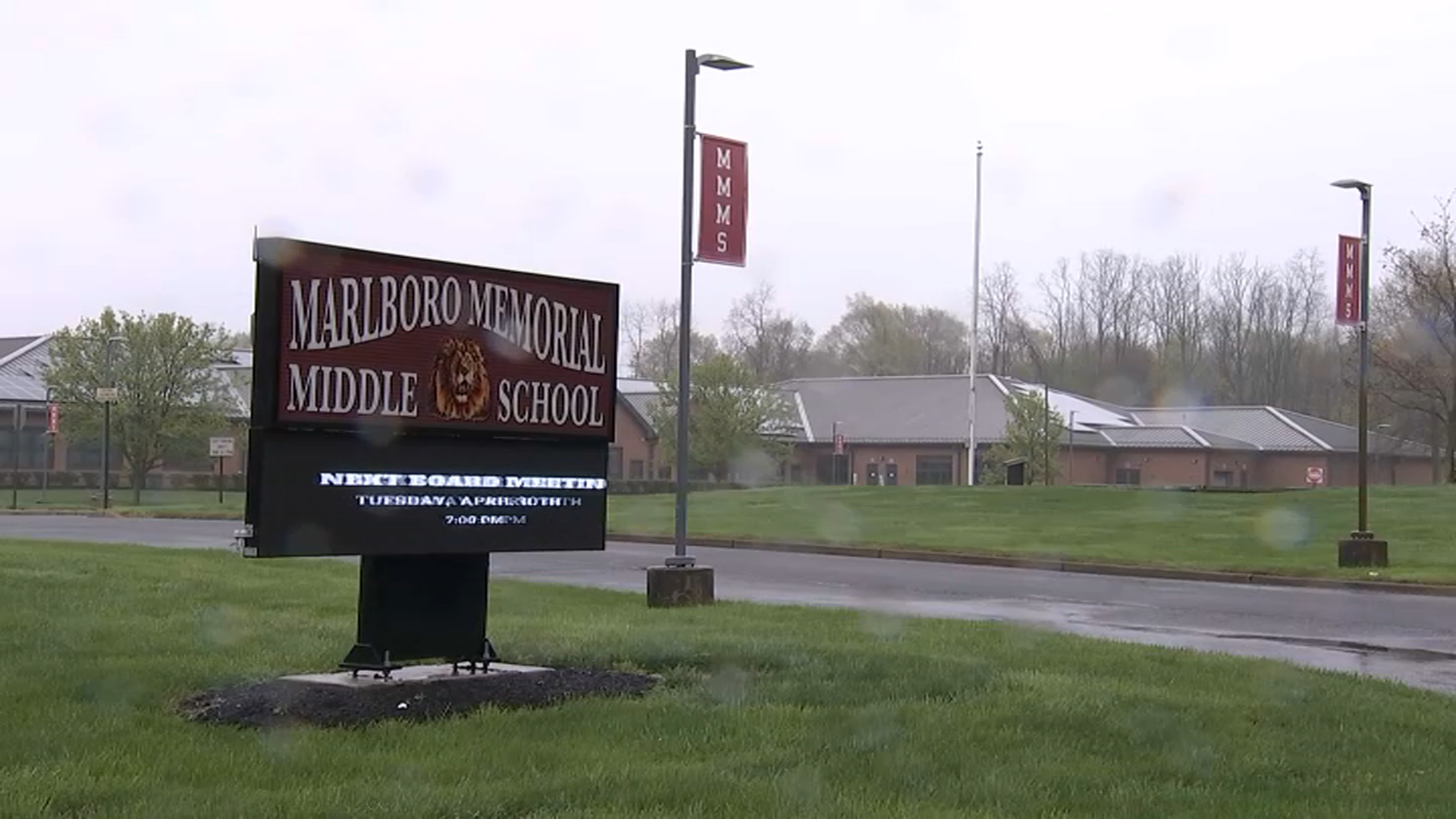Nora Ephron, the essayist, author and filmmaker who challenged and thrived in the male-dominated worlds of movies and journalism and was loved, respected and feared for her wit, died on Tuesday of leukemia. She was 71.
Ephron's son, Jacob Bernstein, confirmed her death. Her book publisher Alfred A. Knopf also confirmed it in a statement.
Born into a family of screenwriters, she was a top journalist in her 20s and 30s, then a best-selling author and successful director. Ephron was among the most quotable and influential writers of her generation.
She wrote and directed such favorites as "Julie & Julia" and "Sleepless in Seattle," and her books included the novel "Heartburn," a brutal roman a clef about her marriage to Washington Post reporter Carl Bernstein; and the popular essay collections "I Feel Bad About My Neck" and "I Remember Nothing."
The eldest of four children, Ephron was born in New York to screenwriters Harry and Phoebe Ephron, who moved to Beverly Hills, Calif., when she was 4 years old.
Determined by high school to be a journalist, Ephron graduated from the single sex Wellesley College in 1962, moved to New York and started out as a "mail girl" and fact checker at Newsweek. A newspaper strike at the end of the year gave her a chance. Victor Navasky, the future editor of The Nation, was then running a satirical magazine called the Monacle. He was working on a parody of the New York Post, "The New York Pest," and asked Ephron for a spoof of Post columnist Leonard Lyons.
She succeeded so well that the newspaper's publisher, Dorothy Schiff, reasoned that anyone who could make fun of the Post could also write for it. Ephron was asked to try out as a reporter. Within a week, she had a permanent job and remained there five years.
Ephron began writing for Esquire and The New York Times and developed a national following as a throwback to the prime of Dorothy Parker and S.J. Perelman and a worthy peer of such "new" and hip journalists as Gay Talese and Tom Wolfe. She covered political conventions, the feminist movement and Wellesley, which she labeled a factory for "docile" women. Part of her gift was her fresh takes on such traditional subjects for women as food and fashion, like in the essay "The Food Establishment: Life in the Land of the Rising Souffle (Or Is It the Rising Meringue)."
Local
By the 1970s, she had met Carl Bernstein, who teamed with fellow Washington Post reporter Bob Woodward on prize-winning coverage of the Watergate scandal that brought down President Nixon. They married in 1976, and had two children, but love soon turned to hate — and matured into art. Ephron was pregnant with the second child when she learned Bernstein was having an affair, a betrayal that had its rewards, once she stopped crying.
She wrote "Heartburn," later a film starring Streep and Jack Nicholson and directed by Nichols, with whom she often collaborated. The book was so close to her life that Bernstein threatened to sue.
Another perk from her time with Bernstein: She sussed out that "Deep Throat," the unnamed and unknown Watergate source, was in fact FBI official Mark Felt. She would allege that she told countless people about Felt, who did not acknowledge his role until years later.
Her screenwriting credits included "Heartburn," the nuclear power drama "Silkwood" and the romantic comedy "When Harry Met Sally ..." She twice directed the team of Meg Ryan and Tom Hanks, in "Sleepless in Seattle" and "You've Got Mail," and also worked with John Travolta (in the fantasy "Michael"), Steve Martin ("Mixed Nuts") and Nicole Kidman ("Bewitched").
Ephron was married three times: to Dan Greenberg, Bernstein and, quite happily, to Nicholas Pileggi, who survives her and whose book "Wiseguys" was adapted into the Martin Scorsese film of the same name. Sisters Delia, Amy and Hallie Ephron also are writers and Nora and Delia collaborated on the screenplay for "This Is My Life."
Ephron wrote of summers in the Hamptons on Long Island when her children were small, of fireworks on the Fourth of July and picnics on the beach. She loved the sound of geese in mid-July — "one of the things that made the summers out there so magical." As she aged, the geese reminded her that summer will end, and so will everything else.
"I especially began to hate their sound, which was not beating wings — how could I have ever thought it was? — but a lot of uneuphonious honks," she writes. "Now we don't go to Long Island in the summer and I don't hear the geese. Sometimes, instead, we go to Los Angeles, where there are hummingbirds, and I love to watch them because they're so busy getting the most out of life."
A longtime notable New Yorker, Ephron was mourned in the city she lovingly featured in so many of her works.
"From her earliest days at New York City’s newspapers to her biggest Hollywood successes, Nora always loved a good New York story, and she could tell them like no one else," Mayor Bloomberg said in a statement Tuesday. "The books, movies and plays that she set in the world’s greatest city are classics that will be enjoyed for generations, but New York City will miss Nora very much."
In a piece for New York magazine in 2010, she wrote, "I'd known since I was 5, when my parents forced me to move to California, that I was going to live in New York eventually... I thought it was going to be the most exciting, magical, fraught-with-possibility place that you could ever live in; a place where if you really wanted something, you might be able to get it; a place where I'd be surrounded by people I was dying to be with. And I turned out to be right."
Get the latest from NBC 4 New York anytime, anywhere. Follow us on Twitter, Facebook and Google+. Get our apps here and sign up for email newsletters here. Get breaking news delivered right to your phone -- just text NYBREAKING to 639710. For more info, text HELP. To end, text STOP. Message and data rates may apply.



